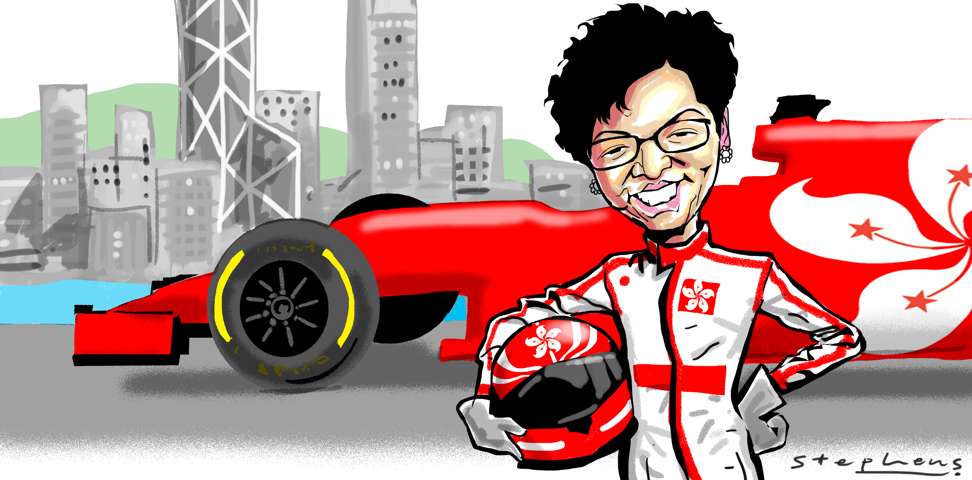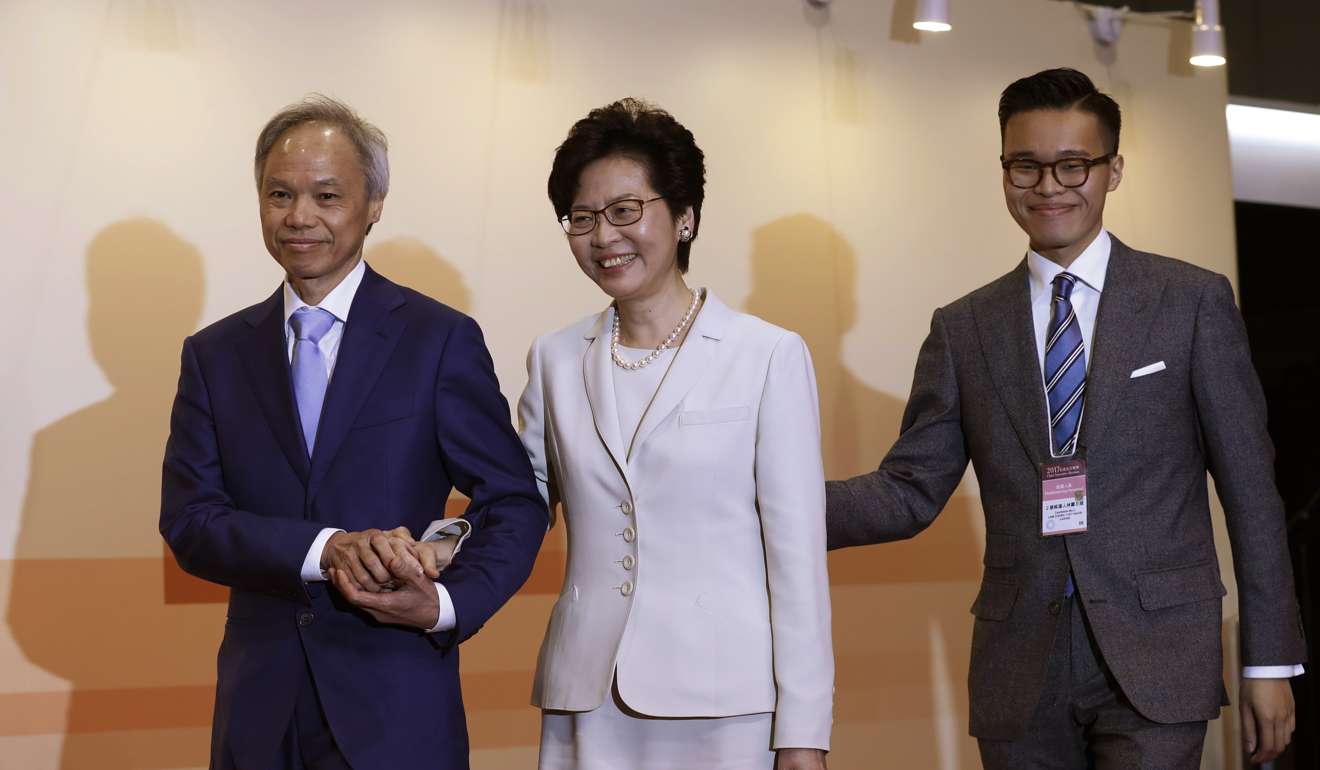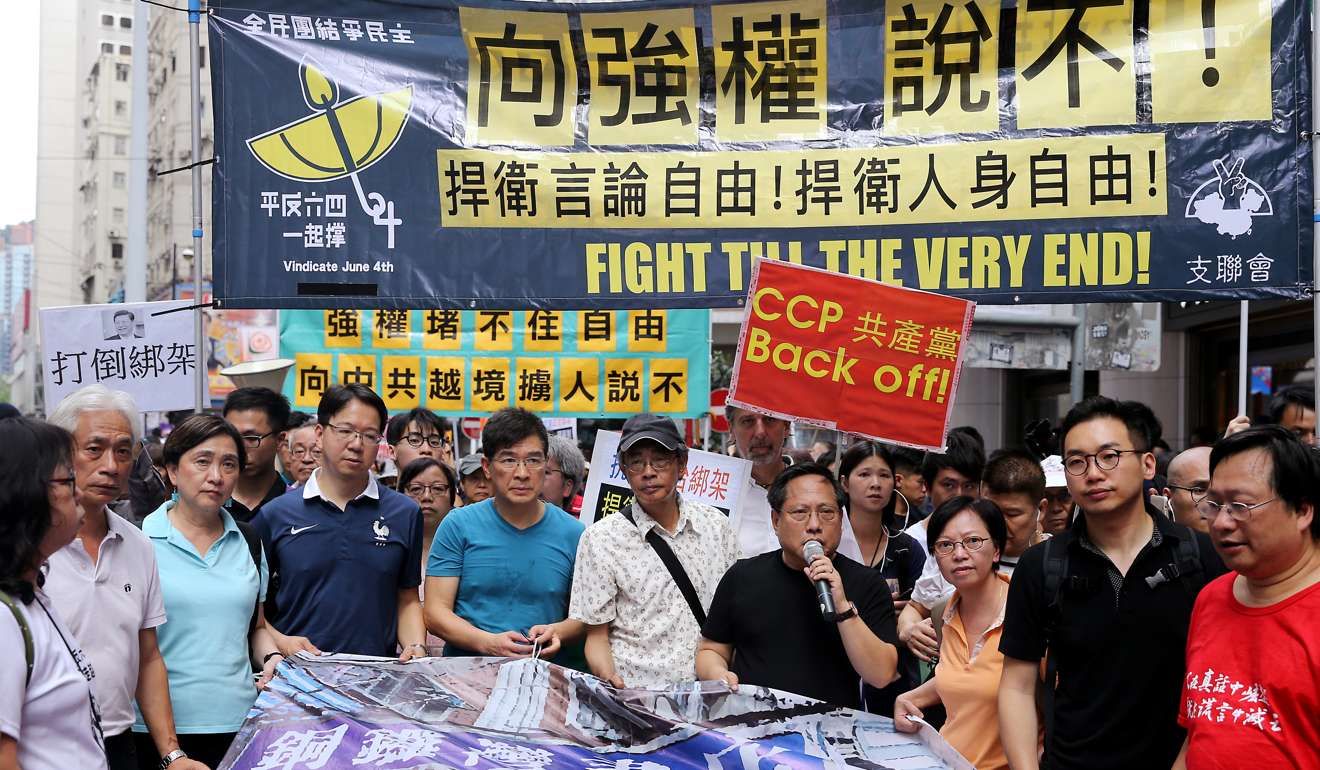
Can Carrie Lam steer Hong Kong to greatness again?
Shen Jian says the chief executive-elect has two choices in leading Hong Kong, she can either keep her head above water and be an able custodian leading up to 2047, or set the direction for a great city to reinvent itself

From the moment President Xi Jinping (習近平) administers your oath of office on July 1, you will be inundated with issues to resolve; not only the day-to-day responsibilities of administering a metropolis of seven million people, but also the larger juggling act of convincing Hongkongers that our interests and those of the central government need not be mutually exclusive.
Watch: Carrie Lam is Hong Kong’s next chief executive
While your strongest attribute seems to be your capacity to power through, however much is thrown at you, I worry that, as a reluctant aspirant for this job, your sole focus each day will be clearing the now famous piles of paper on your desk. You will keep your head above water and make sure nothing gets too out of hand. You will act as the custodian of the city and diligently run your leg of the 2047 seat-warming relay for Beijing. You will accept the now common narrative that mainlandisation is inevitable, that Hong Kong’s best years are behind us, and be an able caretaker of our decline.
No one has any doubt you could do this well enough to secure a second term. And then, suddenly, we could be 10 more years down the road to irrelevance; perhaps not quite as grim as the future depicted in Ten Years, but grim nevertheless.
That is one way you could approach your new job; there is another. Imagine you could lead any city in the world. Why wouldn’t you choose one of the richest enclaves on the planet, with an economy larger than 80 per cent of the world’s countries? How about a global financial hub with universal health care and the best public transport system known to man?
Home should be where I can speak my mind without fear of censure, never mind physical assault or abduction
A city where every marker of human development – infant mortality, life expectancy, literacy rates, test scores, income, connectivity – is among the highest in the world, and crime rates and taxes are among the lowest; where the civil service is efficient and transparent, and the rule of law is sacrosanct. Throw in uniquely close transport, cultural, legal, and financial links to mainland China, and a natural endowment and English working environment attractive to foreigners. If you could lead any city in the world, why wouldn’t it be this one?
This is the opportunity of a lifetime. Not for yourself, not to ingratiate yourself with Beijing, but for one of the world’s great cities to reinvent itself; to make Hong Kong great again.
Because as much as it pains me to say, we could all learn something from US President Donald Trump about the power of challenging a narrative of decline. His methods – race and click-baiting, and a total disregard for facts – are dangerous and self-defeating, but there are also inclusive, sustainable methods to galvanise a society that really could make Hong Kong great again. That is how you will avoid becoming CY 2.0: by leading the development of Hong Kong 2.0, a Hong Kong indispensable to the world’s understanding of China; a Hong Kong that builds lives and things; a Hong Kong where all of us – rich and poor, young and old, Chinese and not – feel at home.

Take some time between now and when you settle into Government House, to reflect on what makes a home. It’s something you and your husband seem to have done admirably for your two sons, and could probably apply to how you govern Hong Kong.
Our judges, local and expat ... under extraordinary constitutional duress, have made exactly the right decisions
More than anything else, a home needs to be safe. Home should be where I can speak my mind without fear of censure, never mind physical assault or abduction. As chief executive, that means you need to support our police, but also our judiciary, even when it rules against the police. Our judges, local and expat, have personified the blindfolded statue of Lady Justice standing above the Court of Final Appeal, balanced scales in hand. Under extraordinary constitutional duress, they have made exactly the right decisions. Everyone who should be in prison – deceitful officials, abusive policemen, violent protesters – is in prison, and for exactly the right amount of time.

I’m not talking about the trust Beijing has placed in you. Less discussed, but more important, is the trust you need to gain from Hongkongers to have any success in turning our city around. Trust is what transforms a home into not merely a place of refuge but also a place of nurture, a laboratory for growth where you can take risks because you will have some support to fall back on if you fail, and try again.
Young Hongkongers are not risk-averse because they are complacent; it’s because they have no trust that successful risk-taking will be rewarded, or that failure won’t leave them unable to ever get back up again. Their hard work only enriches the rich, and one wrong step can put owning a home, or a dignified old age, well out of reach.
Society may have been divided about the 2014 protests, but not about having a genuine choice of our leaders
You’re in the driver’s seat now. You can drive on safely, stay in your lane, and just try not to crash, or you can start setting the direction, towards a future we can once again look forward to. This is the opportunity of a lifetime. Don’t just go through the motions. Remember the social activist in you, the one who just wanted to make things better for the people of Hong Kong.
You are going to be the chief executive. Your job, if nothing else, is to ask yourself each day: what have I done today, and what will I do tomorrow, to make things better for the people of Hong Kong?
Shen Jian is a lawyer in Hong Kong
